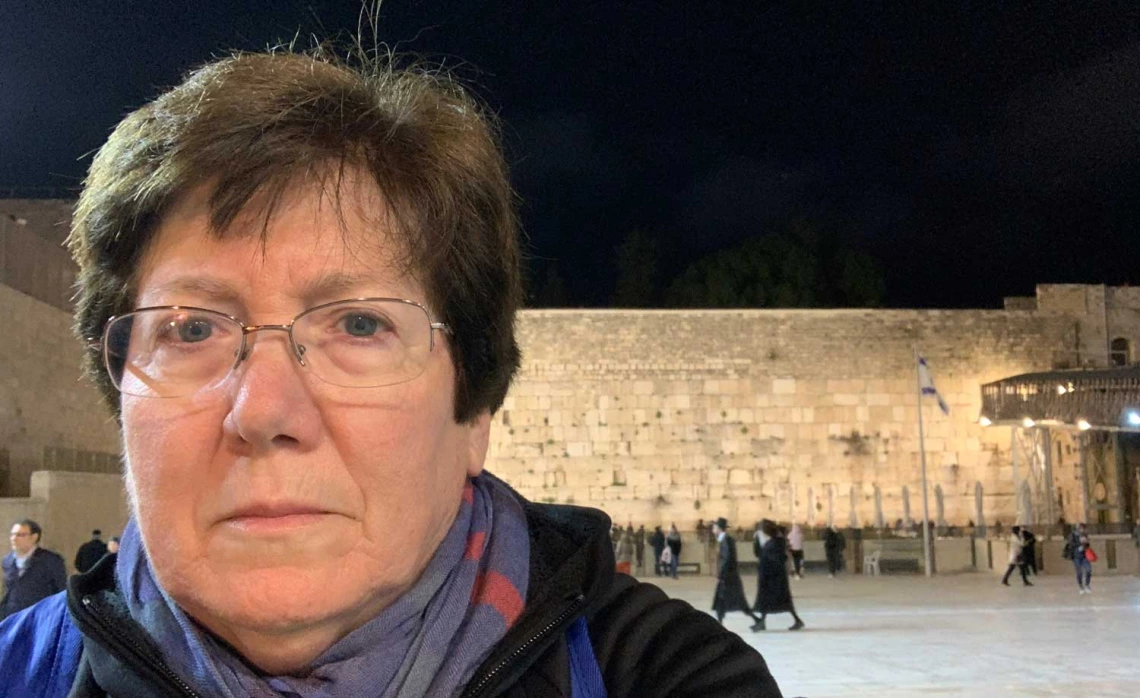
When
Where
Speaker(s)
Many regions across the globe face what are called wicked water problems, which are complex challenges that are too big for readily identifiable and/or “standard” solutions. The reasons for this are many and can relate to underlying societal or political issues and differing viewpoints as to the causes and/or potential pathways to mitigating the challenges. It is often stated that the obstacles to addressing wicked water problems may be related to public acceptance rather than technological or economic factors. Identifying and implementing pathways to solving big water challenges often require interdisciplinary and transdisciplinary approaches; the involvement of stakeholders is extremely important. This seminar will focus on the similar but distinct wicked water issues faced in our region and the Middle East and approaches taken to solve them.
Sharon B. Megdal is Director of The University of Arizona Water Resources Research Center (WRRC), a Cooperative Extension center and a research unit in the College of Agriculture and Life Sciences. Her work focuses on water policy and management, on which she writes and frequently speaks. She also holds the titles: Professor and Specialist, Department of Environmental Science; C.W. & Modene Neely Endowed Professor; and Distinguished Outreach Professor.
The geographic scope of Dr. Megdal’s work ranges from local to international. Projects include: comparative evaluation of water management, policy, and governance in water-scarce regions; groundwater recharge; and transboundary aquifer assessment. She is the lead editor of the book, Shared Borders, shared Waters: Israeli-Palestinian and Colorado River Basin Water Challenges. Her policy columns and Reflections can be found at ttps://wrrc.arizona.edu/director. Dr. Megdal teaches the multi-disciplinary graduate course “Water Policy in Arizona and Semi-arid Regions”. She was named the 2020 recipient of the Warren A. Hall Medal for lifetime achievement in water resources research and education by the Universities Council on Water Resources.

